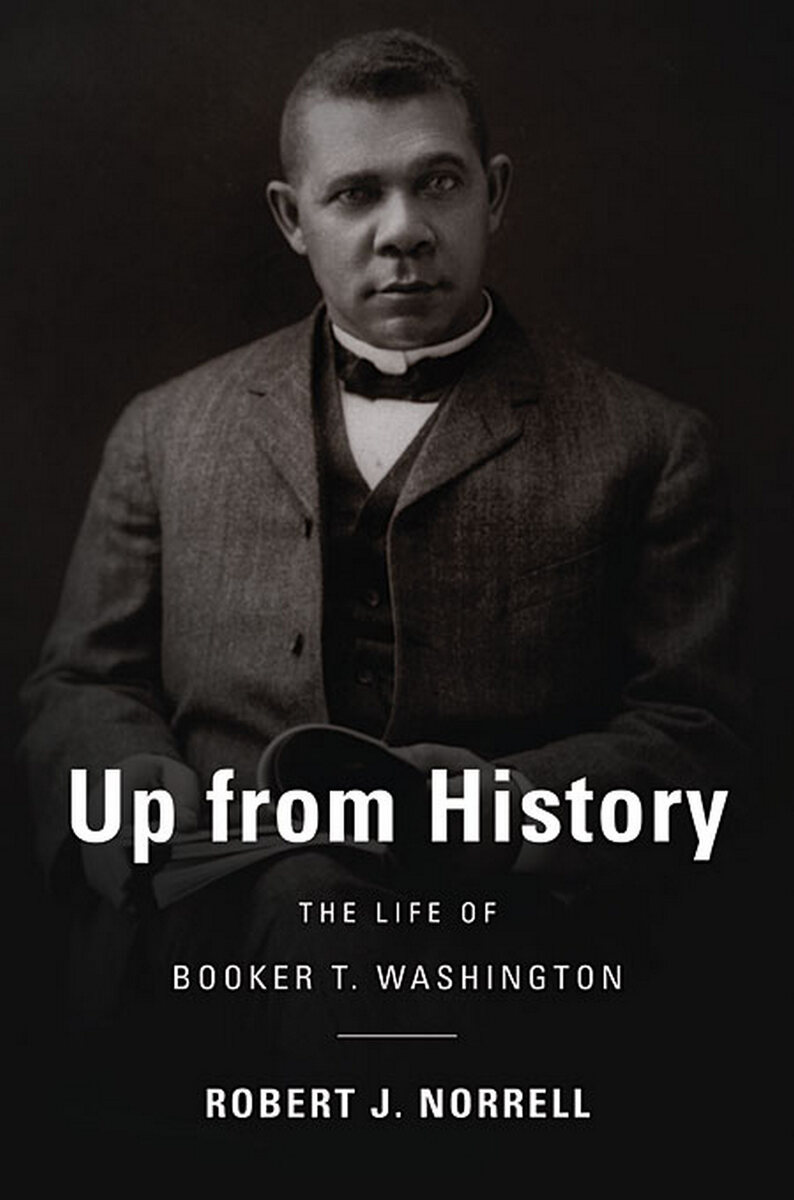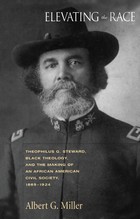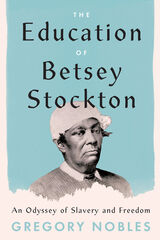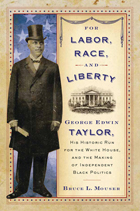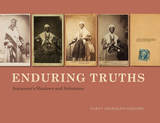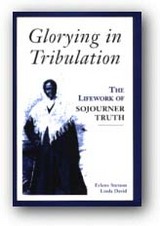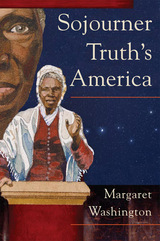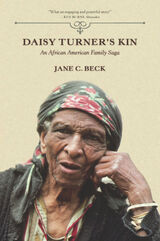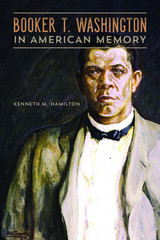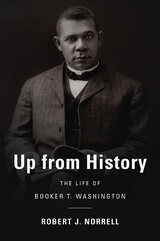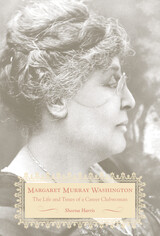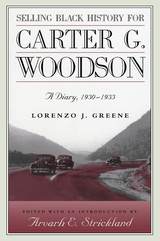Norrell has provided us with a fascinating portrait of one of the most influential Americans of his age. Rather than the charlatan, enigma, or Uncle Tom that previous biographers have depicted, Washington emerges as a gifted, creative, and flawed activist who struggled for racial uplift while perched precariously on the knife-edge of American racism. Up from History deserves a place beside the very best American biographies.
-- W. Fitzhugh Brundage, author of The Southern Past: A Clash of Race and Memory
By carefully and consistently assessing Washington within the context of his own extraordinarily difficult and dangerous time, Norrell not only explodes the still-prevalent civil-rights-era stereotype of Washington as a self-serving accommodationist, but he demonstrates how quickly and thoroughly we lose historical perspective when we begin to impose the expectations of the present without regard for the realities of the past.
-- James C. Cobb, Spalding Distinguished Professor of History, University of Georgia
Instead of viewing Booker T. Washington from the vantage point of the modern civil rights era, Robert J. Norrell has placed him squarely in the violent context of late nineteenth-century Alabama (and American) race relations. The result is a compelling new biography that should lead apologists and critics of Washington to see him in a new light. A first-rate read.
-- Dan Carter, Professor Emeritus, University of South Carolina
This well-written and forcefully argued book will be hotly debated in the profession.
-- Clarence E. Walker, Professor of History, UC Davis
A thoughtful biography that, perhaps, signals a new scholarly appreciation of a remarkable man.
-- Kirkus Reviews
To the extent that Booker T. Washington (1856-1915) is remembered at all today, he is usually misremembered, which is a travesty...His unwillingness to practice protest politics, however, has earned him the scorn of many modern-day critics, who dismiss him as too meek in his dealings with whites...In Up From History, a compelling biography, Robert J. Norrell restores the Wizard of Tuskegee to his rightful place in the black pantheon...Many criticisms of Washington in more recent decades have echoed those of his contemporary black nemesis, W.E.B. Du Bois…Much has been made of this rivalry, but the relevant point is that the two men differed mainly in emphasis, not goals...Putting their differences into proper perspective is yet another way that Up From History serves as a useful corrective.
-- Jason L. Riley Wall Street Journal
Few great Americans have been more cruelly treated by history than Booker Taliaferro Washington. He has been mocked, vilified and caricatured, yet by any reasonable measure his life was extraordinary...To see him as anything less than heroic borders on the incomprehensible...No, he wasn't the leader for 1940 or 1960 or today, but it is unfair to him, indeed it is unfair to history itself, to expect him to have been. Robert J. Norrell understands this and has written the story of his life as it actually was lived, not as we might wish it had been lived. Up from History is in all respects an exemplary book, scrupulously fair to its subject and thus to the reader as well.
-- Jonathan Yardley Washington Post Book World
In the age of Obama, Washington seems more than ever like a precursor: a beloved barrier-smasher, sensitive to the rigorous demands of being America's favorite black person. In short, Washington seems due for reappraisal, and in Up from History: The Life of Booker T. Washington the historian Robert J. Norrell aims to push him back up onto his pedestal--or, at any rate, to pick him up off the floor...Norrell reframes the picture of Washington by emphasizing the extent and ferocity of [white] hostility; he shows how Washington and his critics conspired to make the Tuskegee project seem less controversial, and less brave, than it really was.
-- Kelefa Sanneh New Yorker
The much-misunderstood Booker T. Washington (1856-1915), the most prominent African American leader of his time, is brought back to life in riveting fashion.
-- Carlin Romano Philadelphia Inquirer
It is hard to think of a historical figure more in need of biographical rescue. Yet Washington is an awkward challenge for the contemporary scholar. He is so thoroughly stigmatized as politically incorrect that rescuing him could seem a political act in itself, and even a balanced book could be dismissed as a polemic. But Robert J. Norrell, in his remarkable new biography, Up from History, gets around this problem the old-fashioned way: by scrupulously excavating the facts of his subject's life and then carefully situating him in his own era...Today the brilliance with which he achieved the near impossible is forgotten, while the unfair presumption of his racial capitulation is ubiquitous. Up from History will go far in correcting this. I thought I knew something of Washington's complexity before reading this book. And I had always been fascinated by Dr. Bledsoe in Ralph Ellison's Invisible Man, a darkly ironic sendup of Washington as a merciless pragmatist. But here we see the real man at his interminable labors: incessantly fund-raising for Tuskegee in the North, mapping out political strategy with liberal white philanthropists in Boston and New York, fighting with Northern black elites one day and with white nationalist Southerners the next, and then, back at Tuskegee, riding out on horseback in the early morning to micromanage the college's agricultural operations... Washington understood that his people also dwelled inside a crucible. Norrell's rich portrait makes clear that Washington never stopped seeing himself as the leader of his people. How to help them live in such circumstances? His informing idea was that responsibility--hard work, education, the moral life--brought a degree of freedom and independence even in oppression. The pursuit of excellence would bring blacks an economic currency in the larger world, and thus, ultimately, respect and equality. With more fearlessness than any '60s black nationalist, he saw black Americans as a free-standing people and asked them to compete openly with all others...Washington understood that the loss of good faith was the worst of all things, and when black America was at risk of this, he was the shepherd. Up from History gives back to America one of its greatest heroes.
-- Shelby Steele New York Times Book Review
Robert J. Norrell's Up from History rescues Washington from the most calumnious reputation in black history, revealing him as Race Man extraordinaire.
-- John McWhorter Forbes.com
[Norrell's] book is timely, demonstrating how a man whose father was white and whose mother black, who rose from humble circumstances to achieve great prominence, can tumble to obscurity, his reasonable views drowned out by louder, more radical voices, voices no doubt strained with envy.
-- Barbara Bamberger Scott Curled Up with a Good Book
A fine new biography.
-- John M. Taylor Washington Times
